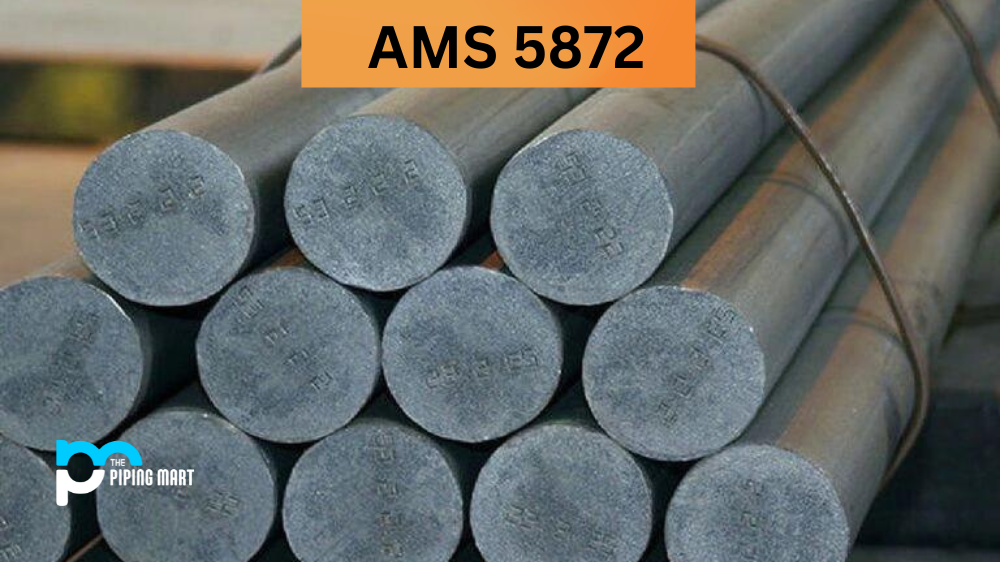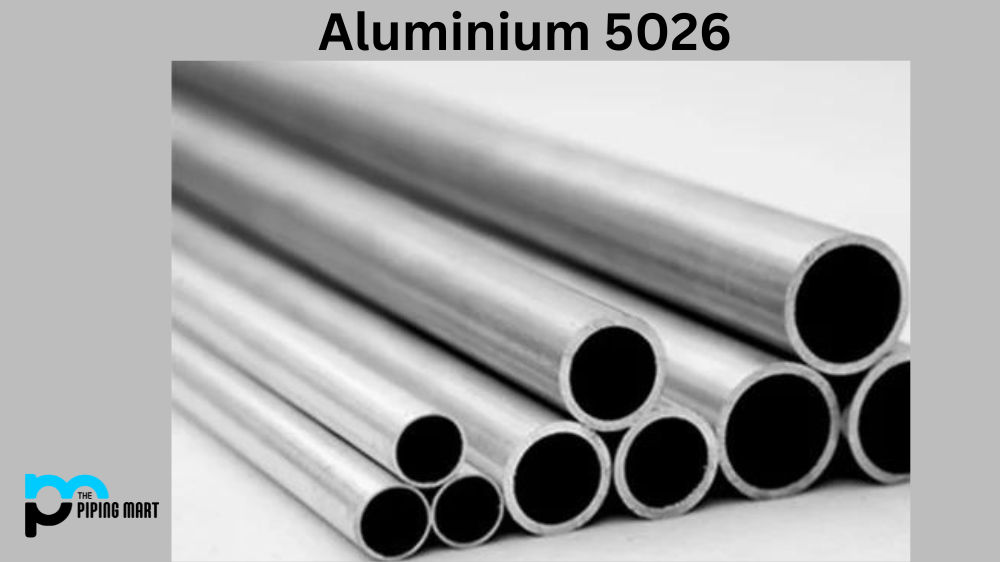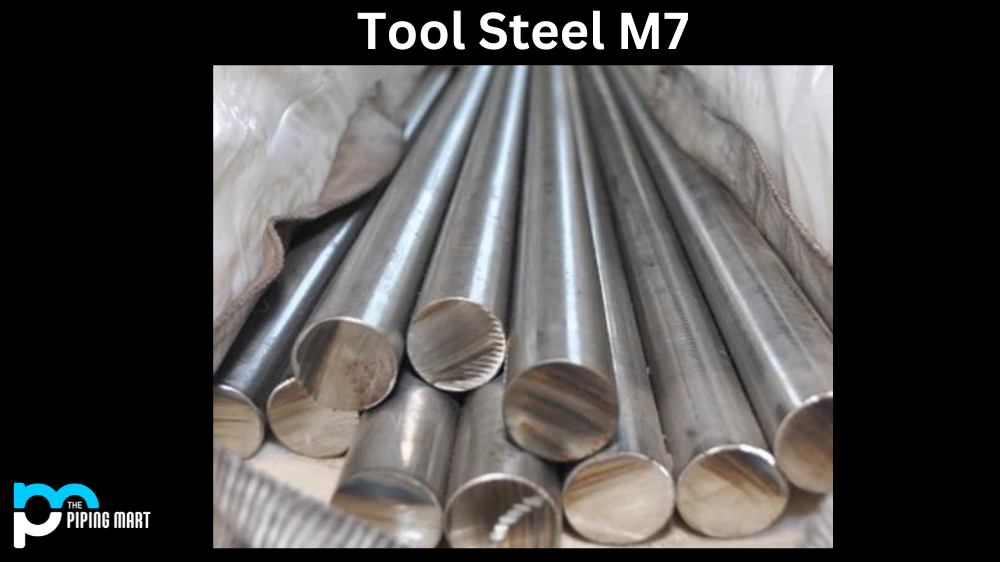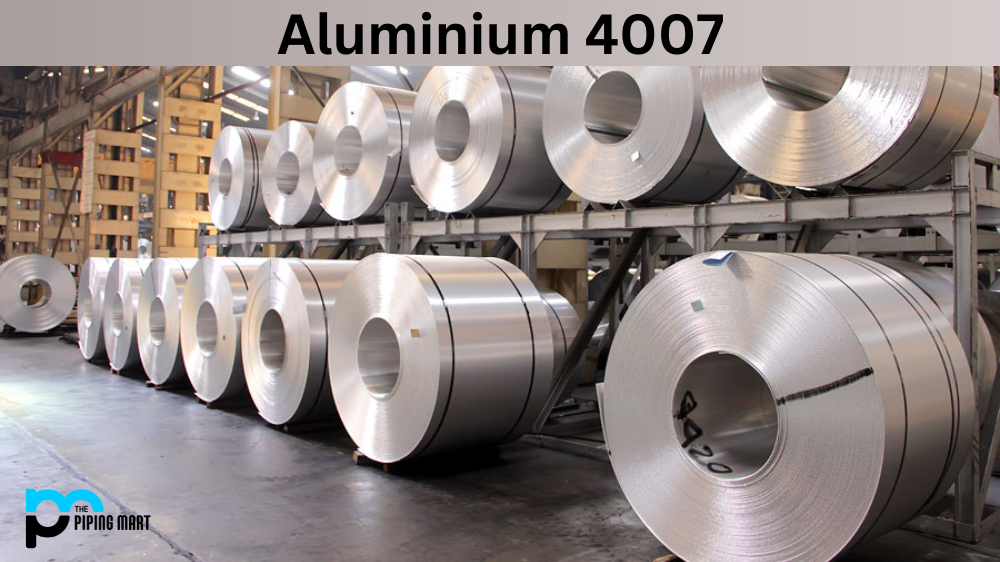AMS5872 is a high-performance alloy that possesses excellent mechanical and physical properties. This material is widely used in various industries, including aerospace, defence, medical, and oil and gas. In this blog post, we’ll look at the composition, physical and mechanical properties, uses, hardness, and heat treatment of AMS 5872.
What is AMS 5872?
AMS 5872 (also known as Nimonic Alloy 263) is a specific type of nickel-based alloy that is used in a range of industrial applications. Known for its unique strength, durability, and corrosion resistance, this alloy is popular in the aerospace, nuclear, and oil and gas industries. It is also an excellent choice for applications requiring high temperature and pressure resistance, making it a valuable material for many manufacturing processes. Overall, AMS5872 is an incredibly versatile and dependable alloy that plays a vital role in many industries.
AMS 5872 Composition
AMS 5872 is a nickel-iron-chromium-molybdenum alloy that contains a small amount of tungsten. It has a higher nickel content than other alloys, providing excellent resistance to corrosion and elevated temperatures. This material also has low carbon and sulfur content, which promotes excellent weldability.
| Element | Content (%) |
|---|---|
| Nickel, Ni | 49 |
| Cobalt, Co | 19-21 |
| Chromium, Cr | 19-21 |
| Molybdenum, Mo | 5.60-6.10 |
| Titanium, Ti | 1.90-2.40 |
| Iron, Fe | 0.70 |
| Manganese, Mn | 0.60 |
| Aluminum, Al | 0.60 |
| Silicon, Si | 0.40 |
| Copper, Cu | 0.20 |
| Carbon, C | 0.040 – 0.080 |
| Boron, B | 0.0050 |
| Sulfur, S | 0.0070 |





